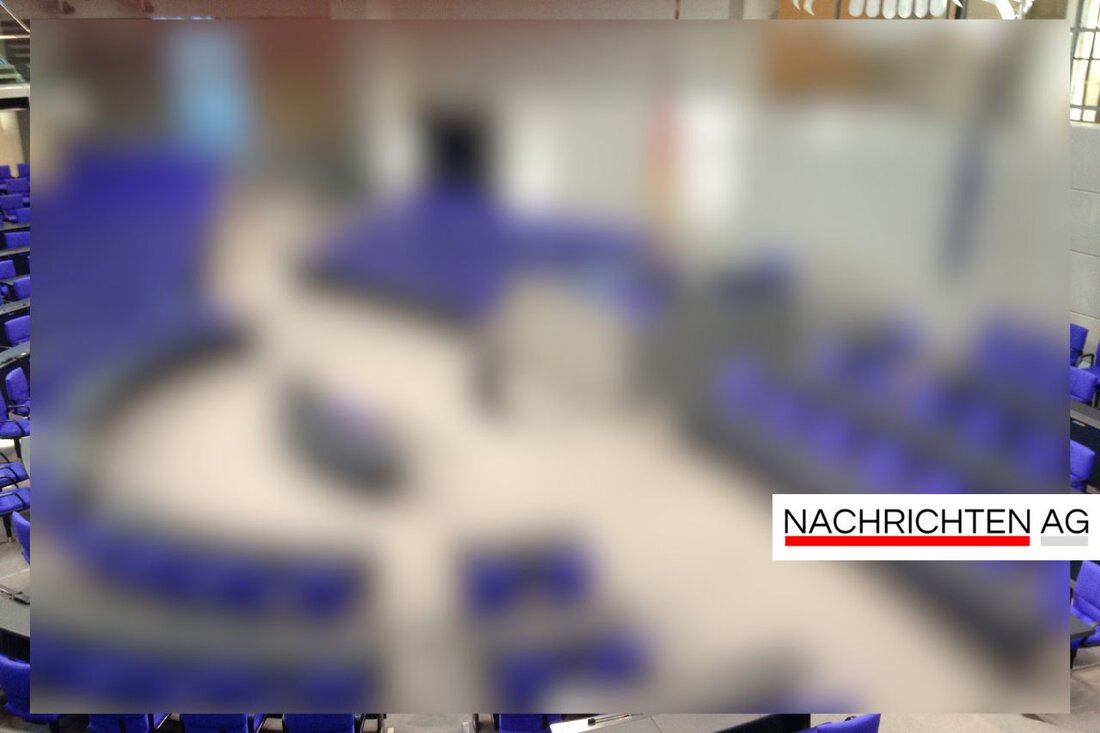VHS Delmenhorst in need of money: integration of immigrants at risk!
The Delmenhorster VHS is facing financial challenges on October 16, 2025 due to drastic cuts in integration courses.

VHS Delmenhorst in need of money: integration of immigrants at risk!
In Delmenhorst there is renewed discussion about the financial bottlenecks of the local adult education center (VHS). Managing director Jürgen Beckstette and supervisory board chairman Annette Kolley express alarm about the impending financial crisis, which could significantly affect not only the VHS, but also the integration of immigrants in the city. The pressure is growing, because loud German professional associations The cuts in the budget for integration courses are alarming. The federal government plans to radically reduce funding for language courses by more than 50%, while the number of participants is expected to increase to over 300,000 in the coming years.
A look at the current number of participants shows: 265,800 new course participants are expected in 2024, but the financial resources may not be sufficient. Lars Lawan from the VHS Unteres Remstal reports that many integration courses are already not funded enough and the VHS rooms are often overcrowded. “We have a foyer full of registrations, but few resources to meet this demand,” he sums up with concern. The German Adult Education Association therefore calls for a correction of financial planning in order not to jeopardize the integration success of recent years.
Problems caused by financing bottlenecks
The financial difficulties of the VHS in Delmenhorst are not isolated. They are part of a larger problem that is questioning the integration of migrants throughout Germany. The courses taken make a decisive contribution to the successful integration of one of around 14 million immigrants in Germany. A study by the IAB from 2022 shows that investments in integration measures are both socially necessary and economically sensible. However, cuts could lead to classes being overcrowded and less individual support possible. This can not only jeopardize the quality of the courses, but also lead to increased social tensions.
What alternatives are there to the threatened cuts? This is where a variety of funding programs come into play, ranging from the European Union to federal states to local foundations. Projects such as the Asylum, Migration and Integration Fund (AMIF) or the European Social Fund (ESF) Plus could provide valuable sources of support. These programs not only aim to promote integration courses, but also to improve the quality of life and professional opportunities of many immigrants. For members of certain target groups, such as young men with a migration background or single parents, there are special offers to facilitate their integration through education and work.
The way forward
The importance of integration courses cannot be overestimated. A high employment rate of 70% among immigrants speaks volumes about the success of targeted integration measures. But without the necessary financial support, these successes are at risk. The federal government must act urgently to provide integration not only with an economic but, above all, with a social foundation. “If we invest in integration, everyone benefits,” says Beckstette, pulling out all the stops to draw attention to the current situation.
Trust in the government is at stake: if the cuts become reality, this could also damage the reputation of politics with regard to integration in the long term. An important aspect remains that integration work has not only ethical but also economic dimensions. The funding, awarded through various European and national programs, could be the key to better filling funding gaps.
At the same time, a committed civil society is needed that continues to work for cohesion and the support of migrants. Because together we can create an integrated and stable social structure. For the VHS in Delmenhorst and similar institutions all over Germany, we can only hope that the necessary financial resources will flow in time so as not to close the doors to the integration of immigrants.

 Suche
Suche
 Mein Konto
Mein Konto